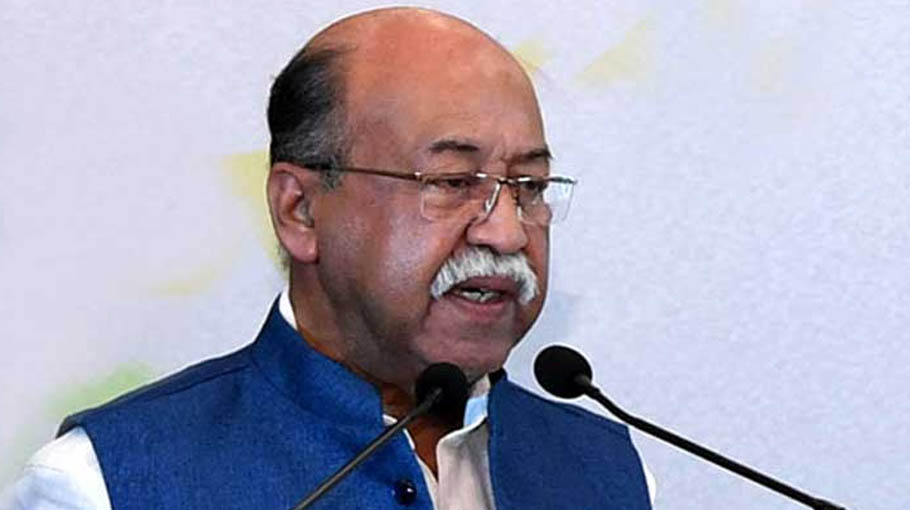‘Bangladesh needs to follow the circular economy model’

Industries Minister Nurul Majid Mahmud Humayun MP said Bangladesh needs to follow the circular economy model to keep the country's sustainable development trend going after LDC graduation. For this it is important to formulate a proper action plan.
He was speaking as the chief guest at a seminar on "Current Status of Circular Economy in Bangladesh: Problems and Solutions" organized by the Federation of Bangladesh Chambers of Commerce and Industries (FBCCI). The seminar was organized at FBCCI Bhaban Auditorium in Motijheel on Sunday in the capital.
Minister for Environment, Forests and Climate Change Md Shahab Uddin MP was present as special guest in the presidency of FBCCI President Md Jasim Uddin. The main article was presented by the Assistant Professor Muhammad Sujauddin of Department of Environmental Science and Management of North South University. Among others, East West University Professor of Economics AK Enamul Haque, ICCCCAD Deputy Director Professor Mizan R Khan, Ian Xu Allison E, Senior Environmental Specialist, Natural Resources and Blue Economy Global Practice Professor Mohammad Mosharraf Hossain, PhD, IFES Chittagong University, and panel advisors from FBCCI were present.
The Industries Minister said that as one of the most densely populated countries in the world, circular economy is very important for Bangladesh. With increased urbanization, proper waste management has become a major challenge. Air, water, soil etc. are being polluted by various chemical wastes including industrial wastes, medical wastes and animal wastes. This is having an impact on biodiversity. Adverse effects on the climate. Climate change is causing complex and difficult diseases of different animals. Due to the effect of climate on the environment, various complex and unknown diseases including viral and bacterial, foodborne diseases are appearing.
The industry minister added that the risk of environmental pollution from recently discarded batteries, mobile phones, computers, televisions and other electronic equipment (e-waste) has increased drastically. According to a report of the Department of Environment in 2016, 4 lakh tons of electronic waste is deposited in the country every year. Only 3% of this is used in the recycling industry. But recently we have seen that Japan made Olympic medals by using e-waste in the 2020 Olympics. We also need to take initiatives to reuse precious metals in electronic waste.
Speaking on the occasion, FBCCI President Md. Jasim Uddin said that one of the most talked about issues in the economy at present is 'Circular Economy'. This ‘circular economy’ has become a key element in the planning of many governments, institutions, companies and environmental organizations. The goal is to reduce carbon emissions. Like other sustainable development models, the circular economy will enable optimal utilization of resources, increase productivity, ensure comparatively less natural resource utilization, reduce waste and reduce waste generation.




